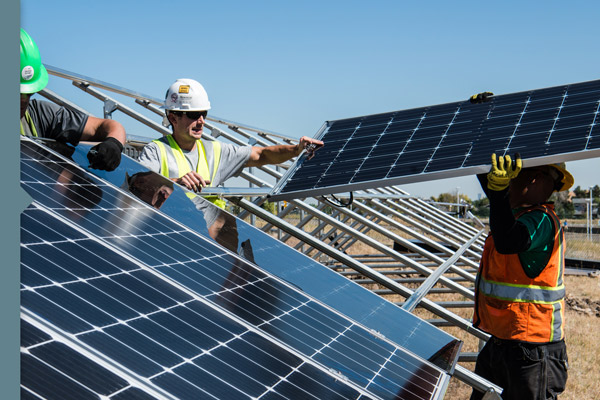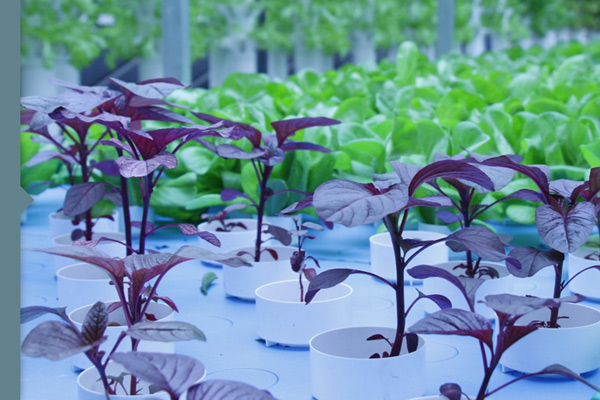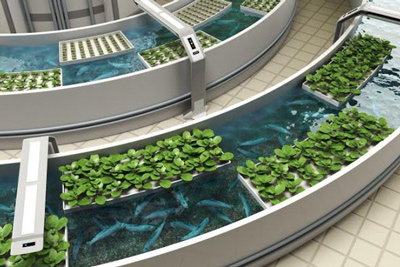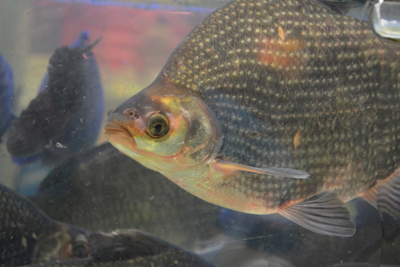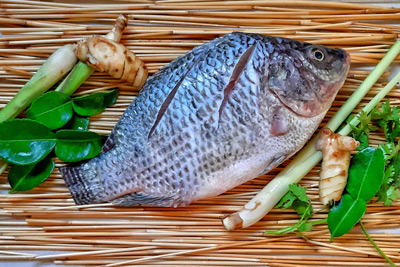ECONOMY
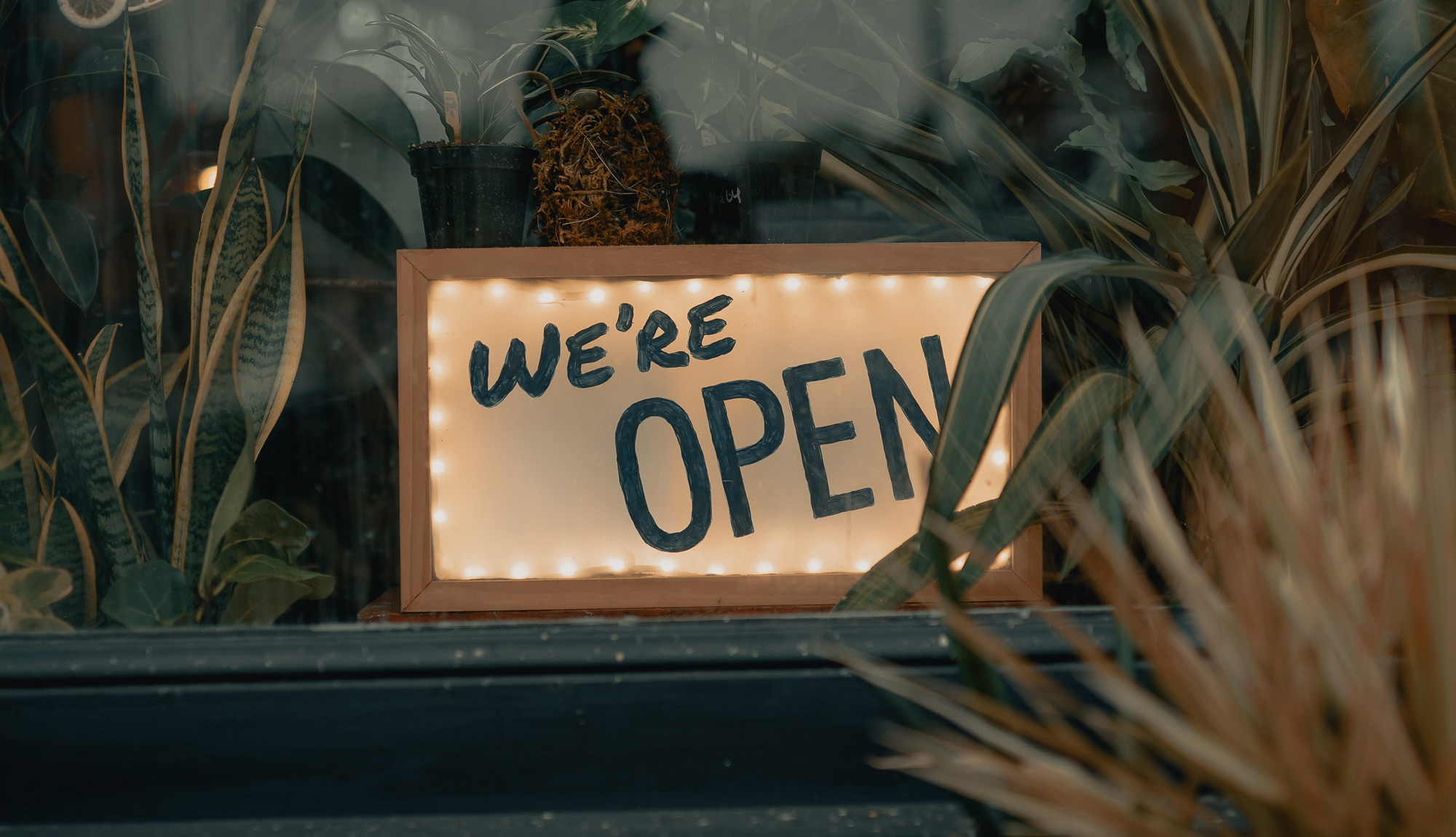
INNOVATIVE PROFESSIONS
Sustainable models for the economy
Normally, Bali lives 90% from tourism: this fact has hit the economy particularly hard in 2020 by Covid-19. Because the epidemic has prevented as good as all income. Many people had to return to their home villages. Without the income from tourism, they are forced to work in the fields to feed their families. And so many inhabitants live in poverty and only on the bare necessities.
Without a change in the direction of the economy, we see no chance in the long term for the preservation of the livelihood for the population. Therefore, we fully support the Balinese government’s strategy to move from mass tourism to quality tourism. In addition, we want to establish new economic sectors in order to achieve greater independence from tourism.
Our goals
- Creation of jobs in innovative sectors and reduction of dependence on tourism
- Establishment of aquaponics and solar plants, explanation of how they work and training based on the German model
- Sustainable plant operation through the use of regenerative raw materials, energies and the use of new technologies
- Demand-oriented production for the local, Balinese market
- Investment of all profits in the expansion and dissemination of our systems
ESTABLISHMENT OF RECIRCULATING SYSTEMS
Establishment of an aquaponic system in Bali
Recirculating systems such as aquaponics are ways to produce food in a resource-efficient manner. On islands like Bali, this is particularly important for the economy to ensure maximum self-sufficiency. It also reduces supply dependence on the mainland. Aquaponics is the path towards sustainable agriculture.
What is aquaponics?
Aquaponics is a closed-loop system for the production of food. It combines the rearing of fish and the cultivation of crops. Due to overfishing of the world’s oceans, it is common practice in some countries to additionally breed freshwater fish in industrial facilities. This system has now also arrived in Germany. Examples are the EFC or Stadtfarm in Berlin. The facilities differ in structure according to fish species and plant species.
China is estimated to have produced about 22 million tons of fish in 2020. So this system is not a novelty. However, due to the weather conditions in Europe, only a few plants exist here. Finally, the tilapia most commonly used for aquaponics requires water temperatures between 20 and 35°C to survive. This means a high energy input to maintain the water temperature all year round. We do not have this problem in Indonesia.
Construction of the aquaponic plant
We want to set up an aquaponic pilot plant where all data about the materials, plants and fish used will be collected.
In addition, regular automated evaluations of water quality, flow velocity, temperatures, and growth rates will be conducted to optimize the process for environmental conditions.
We are making all of this information freely available to help aquaponics systems gain further traction in Indonesia.
Basically, we don’t want to sell the fish and fruits to restaurants where only tourists go to eat. Instead, we will offer the yields to the local population on the market. Because the background is a long-term alternative to the profession of a fisherman, in order to curb the further overfishing of the oceans.
How does aquaponics work?
Aquaponics involves growing plants in water. Water is circulated through fish tanks and plant irrigation. The food scraps and fish feces are converted into fertilizer by bacteria, enabling plant growth. This procedure uses natural fertilizer to produce food.
The entire process, if done correctly, is chemical and drug free. This is because drugs would kill the bacteria or fertilizers would harm the fish. Once the cycle is out of balance, it is very difficult to stabilize it again. As an added benefit, fish in a closed system are not contaminated with heavy metals or pesticides like their marine relatives.
Time is of the essence: it takes years to optimize systems. Even longer for them to be accepted. With a larger investment, we can build our system faster and generate jobs. In addition, we can offer the yields faster at reasonable prices. That’s why we rely on your donations to speed up these processes.
Our criteria for products, workplaces and processes which we want to integrate in Bali:
- No use of chemicals, pesticides, artificial fertilizers or pharmaceuticals in production.
- Use of recirculation systems or permacultures
- Demonstrable sustainability of the plants (eco-balance) in operation
- Creation of cluster systems (construction of small units that can be scaled up)
- Low investment volume
- Consideration of local, cultural, biological and seasonal conditions
